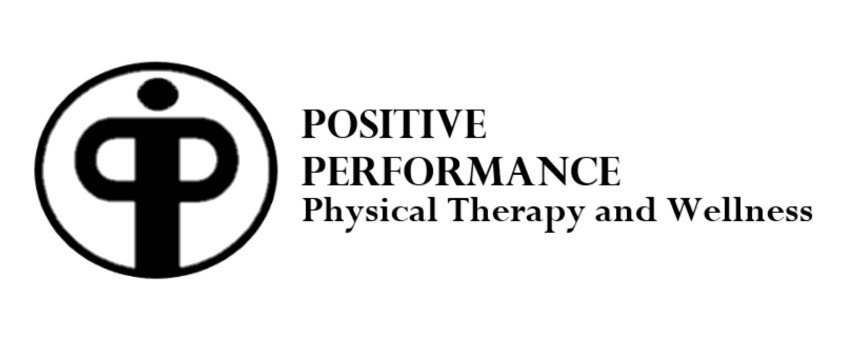The Healing Power of Sleep
Many of my patients report that they are not able to sleep and they are often surprised when I describe how active the body is when we are sound asleep! When we tuck ourselves in for the night, our body goes to work filing memories, recycling old or dysfunctional cells, restocking our supply of hormones, removing toxins, eliminating heavy stress, and healing muscle and soft tissue; our body is amazingly busy throughout the night. So, when we are having difficulty sleeping, that should be a problem that we should prioritize and address.
Unfortunately, we have an epidemic of sleep disorders that range from difficulty falling asleep or staying asleep to sleep apnea. We are bombarded with pharmaceutical remedies, which come with dependency and side effects. Furthermore, our culture encourages us to live stressful lives and engage in lifestyle habits that disrupt our ability to fall and/or stay asleep.
Sleep is such a gift, but we often act as if it is an annoyance and disrupting to our productivity. We need to prioritize sleep and understand that, even as adults, a consistent bedtime promotes good health from our brain to our heart to reducing our risk of cancer. Our bodies were designed to rise and set with the sun, and even though we have modern technology to allow us to be engaged in various activities into the night, we should understand that doing so comes with consequences.
Sleep is orchestrated by two hormones, melatonin and cortisol. Cortisol rises and awakens us in the morning, then it falls off during the day as melatonin is on the rise to help us to go to sleep at night. These hormonal patterns can be effected by excessive stress, certain foods or beverages, medications (specifically other hormones), and artificial light. Stress, drinking alcohol, and eating within two hours of bedtime, especially sugary foods, can cause us to lie awake willing ourselves to fall asleep because our cortisol and blood sugar are elevated; our body is busy processing what we did right before we got into bed. Our ability to produce melatonin is significantly effected by artificial light, specifically blue light that comes from our tvs, tablets, and phones. When we are exposed to blue light from our devices, that can decrease the amount of melatonin produced by at least 30% as well as delay the release by three hours! (The Science of Sleep, National Geographic, August 2018)
Even as adults, we should have a solid bedtime routine if we want to have a good night’s sleep. It is really important to put down our devices several hours before bed, turn off any toxic media, don’t snack or have that night cap - just relax! Consider having a cup of herbal tea and sit down with a good book, try some breathing exercises or gentle stretching. Going for a night time stroll is a great way to relax and use up any extra sugar. Create a cool, dark, and quiet environment in your bedroom to fall asleep. Consider going to bed a little earlier than usual, when we stay up past the body’s natural sleep clock (which is set by the sun), then we create a rise in cortisol, which is our stress hormone. At that point, our body believes that we need to stay awake in order to prepare for some sort of life threatening event, so going to bed earlier can be a solution.
Adequate water and magnesium during the day are essential nutrients for a good night’s sleep. In order to manage all of the healing processes for our tissues, our body needs to be hydrated (see the previous blog post!). Our body serves the brain first, so if there is not any water left for the rest of our body, we can be waking up with stiff muscles and achy joints. Even worse, waking up with a headache may indicate that there was not even enough water to hydrate our brain and nervous tissue. Magnesium is a relaxation mineral and is needed for over 300 processes in our body. We get magnesium by drinking mineralized water and eating our vegetables. Unfortunately, due to over farming and the way that we treat our soils, magnesium is getting harder to obtain even through a healthy diet; we should try to eat 6-9 servings of vegetables each day or consider taking a good quality supplement.
There are a lot of over the counter sleep supplements with melatonin in them, however, these can also be addictive and have sugars and other additives that we do not want to put in our body. Melatonin is a hormone and anytime that we add a hormone to our system, we affect all other hormones, so we want to be conscious of the amount we may be adding. We should strive for falling asleep naturally and if needed only use small amounts of melatonin (<1mg), so make sure to read the labels and ingredients on any supplement that you try.
Making sleep a priority can be difficult in our busy lives, but it is so essential for our body to rest and rejuvenate. If you are experiencing pain or stress, creating an earlier and calm bedtime routine can help reduce your stress and get you off to better sleep and better health.
